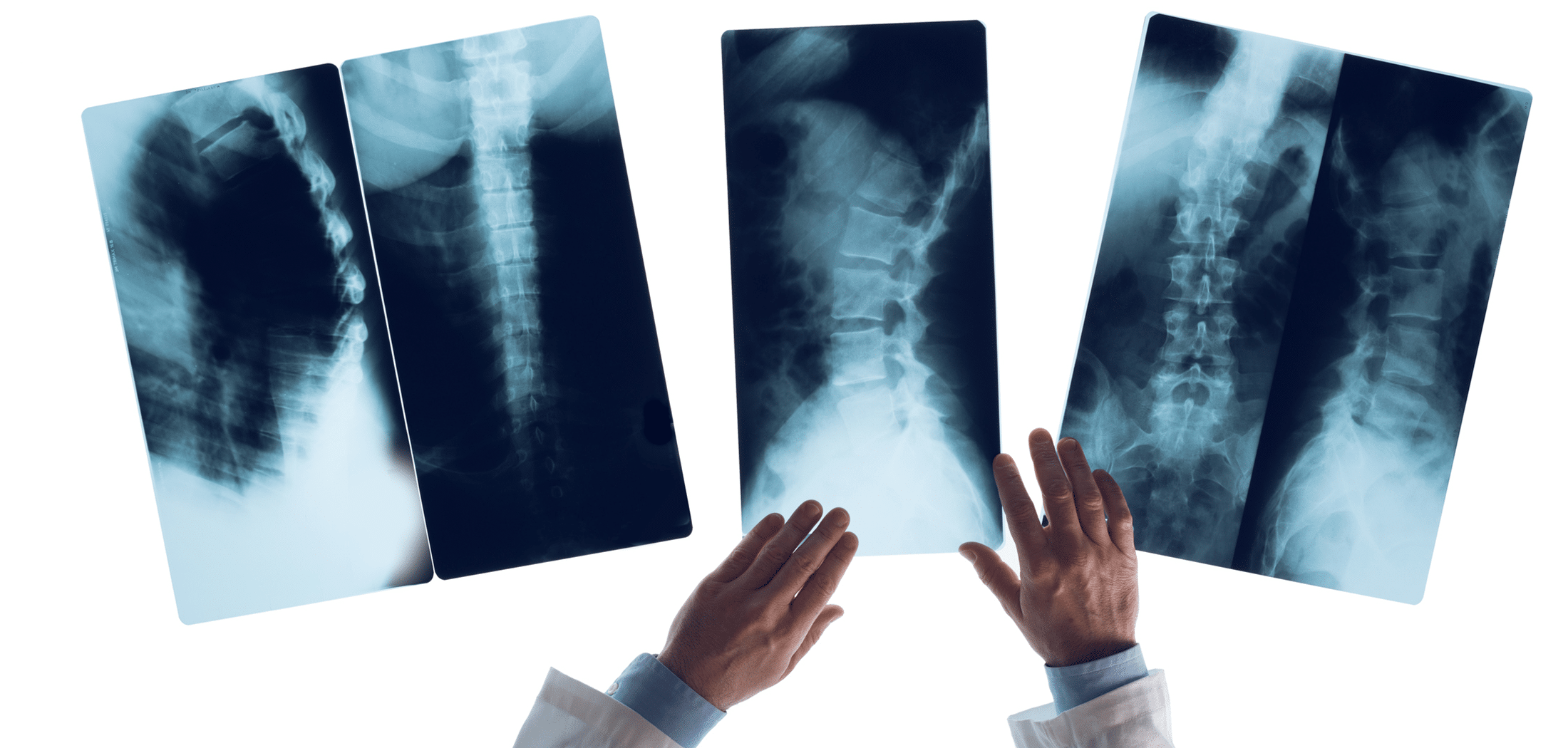
A spinal cord abscess is a rare but serious condition that can have severe consequences if not diagnosed and treated promptly. A delayed diagnosis can lead to permanent damage, emphasizing the need for early detection and treatment.
In the last of three part blog series, I will explore what a spinal cord abscess is, the symptoms to watch for, how it is diagnosed, and the potential outcomes of a delayed diagnosis.
What is a Spinal Cord Abscess?
Spinal abscesses are serious infections that require timely diagnosis to prevent severe complications and to optimize patient outcomes. A spinal abscess is a collection of infected material within the spinal column, which can occur in various anatomical locations:
- Epidural Abscess: Found between the dura mater (the outer membrane of the spinal cord) and the bony vertebrae.
- Subdural Abscess: Located between the dura mater and the arachnoid membrane (a layer of the meninges surrounding the spinal cord).
- Intramedullary Abscess: Found within the spinal cord itself, though these are far less common.
These abscesses typically result from bacterial infections, such as those caused by Staphylococcus aureus, including methicillin-resistant Staphylococcus aureus (MRSA). They can also arise from fungal infections or as a complication of spinal procedures.
Symptoms & Diagnosis of a Spinal Abscess
Early symptoms of a spinal abscess can be non-specific, including back pain and fever. These initial signs might be attributed to less serious conditions, leading to a delay in seeking further evaluation. As the abscess enlarges, it can cause more specific symptoms such as radicular pain, weakness, sensory changes, or bowel and bladder dysfunction.
Standard X-rays may not detect spinal abscesses, especially in the early stages when there may not be obvious bony changes. CT scan and MRI are more effective in identifying spinal abscesses as they obtain detailed images of soft tissues and can confirm the presence of an abscess, the precise location, and evaluate the extent of spinal cord involvement.
Laboratory tests used to diagnose spinal cord abscesses include blood cultures and in some cases, direct sampling of the abscess.
Delayed Diagnosis of a Spinal Cord Abscess
Delayed diagnosis of a spinal cord abscess can result in irreversible spinal cord damage, leading to permanent neurological deficits such as paralysis, loss of sensation, and impaired bowel and bladder function.
If the infection spreads beyond the spinal column, it can lead to sepsis, a life-threatening condition that requires urgent medical attention.
Hope Starts Here
If you or a loved one has sustained a serious spinal cord injury and you believe medical malpractice may have played a role, it is in your best interest to speak to an experienced personal injury lawyer to discuss your legal rights.
When you contact the medical malpractice team at Howie, Sacks & Henry LLP for a no cost, no obligation initial consultation, we will listen to your story with great empathy, take time to answer your questions, and outline options available to you as you seek justice.
If we believe we can secure you a fair settlement or court award for damages, we will gladly offer to become your tireless advocate and trusted legal representative. By providing legal services on a contingency basis, we only receive compensation for our work if you receive compensation for your injuries.
A serious spinal injury can significantly change your life’s direction. At a moment when the future looks worryingly uncertain, let our team help you see that better days are ahead. Because at HSH LLP, Hope Starts Here. To learn more about how we can help you, contact me today.
Learn More
To learn more, please read Part 1 (Not Seeing The Full Picture: Diagnostic Imaging and Spinal Cord Injury Misdiagnosis) and Part 2 (Understanding Unstable Spinal Cord Fractures) of the series.







